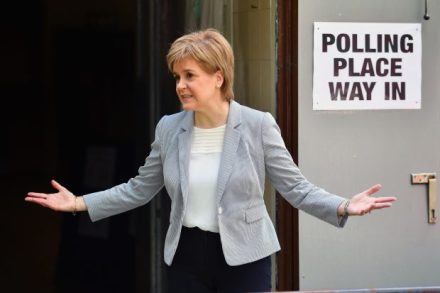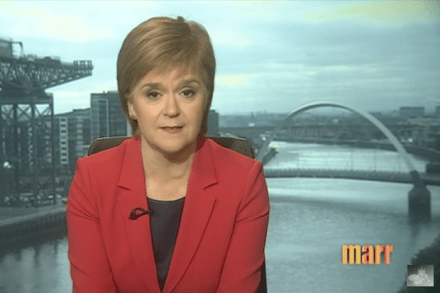Theresa May reveals her weakness
Bit early for a lap of honour. At PMQs Mrs May congratulated her government (i.e. herself) on fifty marvellous days in government. And she drew comparisons between her polished style and the Corbyn car-wreck. One view is that the chimpanzees’ tea-party currently posing as Her Majesty’s opposition should remain beneath the attention of Number 10. Mrs May disagrees and she used Labour’s woes as the starting point for some carefully scripted comedy. With mixed results. Delivering gags is tough. Delivering someone else’s gags is tougher. Delivering someone else’s out-of-date gags is so tough that it borders on crazy. But the PM is, understandably perhaps, tempted by the illusion of omnipotence




















